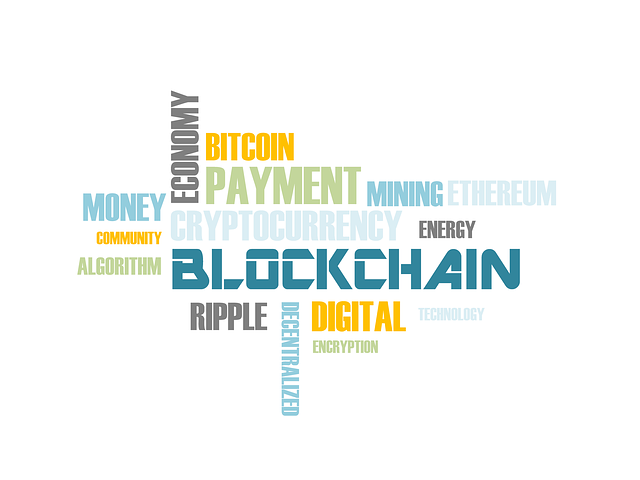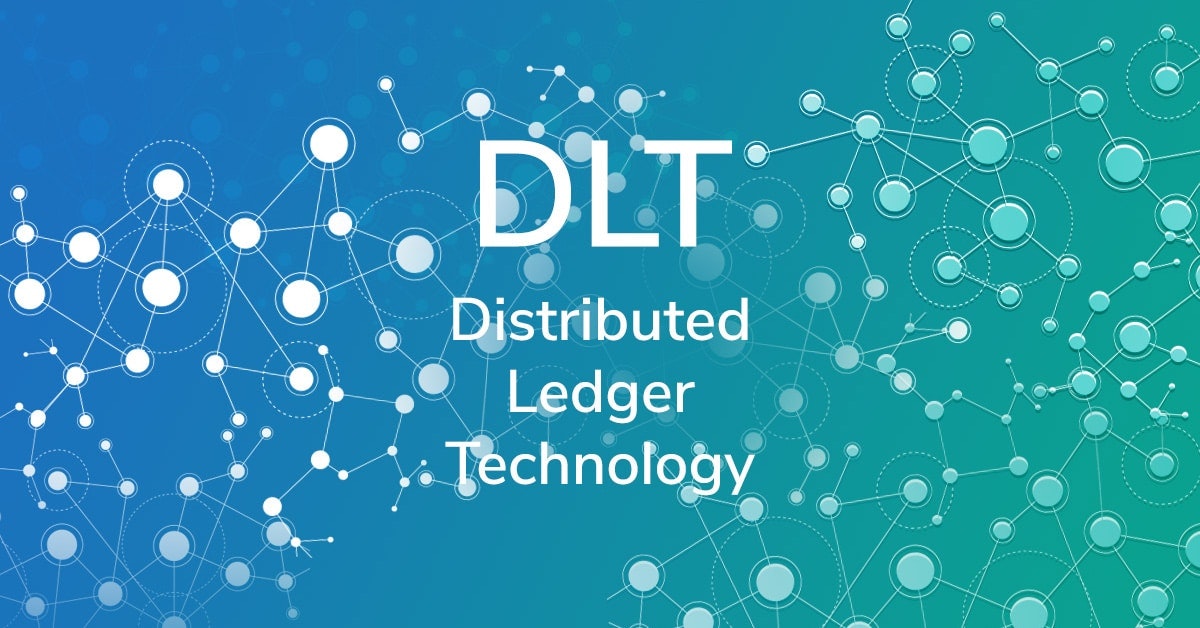What is Blockchain & Distributed Ledger Technology (DLT)?
Fawzan Hussain
6 Jul 2021
•
4 min read
Introduction
Industries are in an endeavor to revolutionize their businesses through Blockchain. This technology has proven to be an excellent experimental tool for businesses in their constant quest to become more efficient and provide greater value to their consumers. Blockchain has delivered new possibilities by making processes secure, transparent, and efficient.
But, What Is Blockchain? And, How Does It Provide These Benefits?
Blockchain technology may sound a little complex in its purely technical definition. But in simpler terms, it is a type of database. But the way data is structured into a blockchain makes it different from a database. For convenience, one can say that every Blockchain is a database, but a database is not a blockchain.
Unlike a database, data or records on a blockchain are stored in groups called 'Blocks'. Each block has a certain storage limit, and once that limit is reached, the block is chained to a previous block, hence the name 'Blockchain'. The changes, made by a user with a unique signature, on these blocks are irreversible as it comes with a definite timestamp. This chain of data or ledger is not stored at a central geographical point. Rather they are stored on a decentralized network of systems, where each system is called a Node. These nodes verify the changes (transaction in case of cryptocurrency) made on the blocks and have an entire copy of the ledger stored locally, making them secure, transparent, and immutable. Hence, providing businesses with unparalleled advantages.
This system of decentralized authentication and storage is part of the 'Distributed Ledger Technology.
What Is Distributed Ledger Technology (DLT)?
DLT is also a database that is stored at multiple locations and across multiple participants. The modification in these databases (or ledgers) is processed, verified, and validated by these participants through a consensus. These changes are time stamped and are immutable.
Enterprises that use DLT do not have a single point failure in their database and eliminate the need for an intermediary to verify the changes.
In a distributed ledger, all the participants can view the records to verify and audit the information on the dataset. The authority of every participant to verify modifications on the ledger is based on the rules of that particular ledger. Yet, the technology makes the ledger transparent to all the participants and makes it secure through a cryptographic signature.
When we look at the core concepts of Blockchain and DLT, there are many similarities between them. But, in essence, they are not two terms used to define a single technology.
Differences Between Blockchain and Distributed Ledger Technology
-
Blockchain is a buzzword and has been interchangeably used with 'Distributed Ledger' in technology and business. But, the same cannot be done for DLT.
-
Blockchain is a subset of distributed ledgers, in a way that every Blockchain is based on DLT, but every DLT application cannot be classified as Blockchain. The structuring of data is the main difference between the two. Data in the Blockchain is stored in blocks that form a chain to create a record, whereas a distributed ledger is just a type of database spread across multiple sites and participants.
-
All distributed ledgers do not need a chain of blocks to provide the benefits of decentralization and transparency. Yet, like cryptocurrency, there are some instances where blockchain developer jobs are a necessary part of DLT of implementation.
Advantages of Blockchain
There have been many advantages of Blockchain that have been discussed across various platforms. It is constantly mentioned as one of those technologies that will revolutionize industries and shape the future. Some of the well-known advantages of Blockchain that are consistent across various implementations are:
-
Enhanced Security - Advanced cryptography, decentralized ledger copies, and consensus algorithms ensure that no malicious activity can corrupt the data records. Every user on the network, who initiates a change, has a unique signature. This change is only stored on a block when the network's nodes verify it through consensus.
-
Transparency - Through decentralization, Blockchain has been able to address the issue of transparency quite tactfully. The peer-to-peer network makes sure that there is no central authority to process and verify transactions (or modifications).
-
Traceability - The timestamps present with each change on the ledger provide a trace of history to the database. Unlike other databases, Blockchain not only provides a snapshot of history but gives a complete record of history.
Advantages of Distributed Ledger Technology
DLT is the parent concept of Blockchain and provides the same advantages as transparency, enhanced security, and removal of an intermediary. But as a technological implementation is concerned, there are other benefits of distributed ledgers as well. The first of many is scalability, as Blockchain is not always required to be the beneficiary of a decentralized network. Instances where proof-of-work and other blockchain exclusive features are not needed function better with simple DLT databases.
Applications of DLT
While every blockchain network is essentially based on DLT, every implementation of Blockchain comes under distributed ledgers. Yet, consortiums and enterprises like major banks can use non-blockchain distributed ledgers to secure their database.
Some of the industries that involve ongoing implementation and experimentation with distributed ledgers are:
- Energy
- Finance and Banking
- Insurance
- Supply Chain
- Real Estate
- Healthcare
- Public Records, etc.
Conclusion
Even though popular media and the general use of technical terms have made many think that 'Blockchain' and 'Distributed Ledgers' are interchangeable, people must know that both these technologies have some foundational difference between them. Distributed Ledger technology involves the distribution and decentralization of a type of database across multiple regions and participants. Whereas, Blockchain technology does the same but with a different data structure. The methods of consensus also differ between them, as they are unique to each decentralized network.
So, next time you come across the term blockchain, try to understand if it is in the right context.
Fawzan Hussain
An SEO consultant and the CEO of Seooptimizekeywords.com. With over a decade of experience in the industry, I'm passionate about helping businesses achieve their online marketing goals through effective SEO strategies.
See other articles by Fawzan
WorksHub
Jobs
Locations
Articles
Ground Floor, Verse Building, 18 Brunswick Place, London, N1 6DZ
108 E 16th Street, New York, NY 10003
Subscribe to our newsletter
Join over 111,000 others and get access to exclusive content, job opportunities and more!


